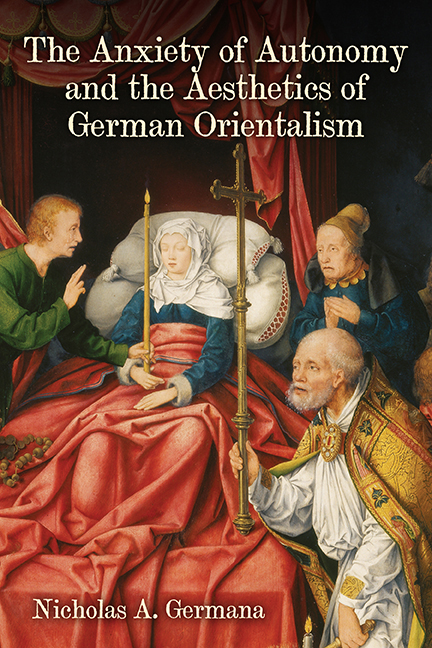5 - The Life of the Notion
Published online by Cambridge University Press: 25 August 2018
Summary
IN HIS INTRODUCTION to the Philosophy of Mind, the third part of the Encyclopedia of Philosophical Sciences, Hegel describes the work of this branch of philosophy as a sort of anthropological study. The earlier stages of “mental evolution” (Entwicklungstufen), which are characterized primarily by sensation, may be useful in pointing us in the direction of “the very highest mental life as its modification or its embodiment.” The study of these “lower grades of mental life” provides the great philosophical benefit of allowing us to examine the whole range of mental development and identify the Notion or Concept at its base: “In this way subjects will be treated by anticipation which properly belong to later stages of development (e.g., in dealing with natural awakening from sleep we speak by anticipation of consciousness, or in dealing with mental derangement we must speak of intellect).” (This example is especially appropriate, as Hegel later frequently refers to ancient India as the “dream-life” of Spirit in human history.)
A century later, Freud proposes a similar program for the study of the human mind, this time applying the metaphor of archaeology. In Civilization and Its Discontents (1929) he paints the portrait of Rome through the many stages of its history—from the Roma Quadrata to the twentieth century—and then invites the reader on a “flight of the imagination”: “Suppose that Rome is not a human habitation but a psychical entity with a similarly long and copious past—an entity, that is to say, in which nothing that has once come into existence will have passed away and all the earlier phases of development continue to exist alongside the latest one.” Freud ultimately abandons this metaphor as unworkable because of its reliance on mental pictures (what Hegel calls “picture-thinking”), but the methodology of psychoanalysis retains this vital idea of the mind as a product of evolutionary development that contains “memory traces” of its earlier stages. Thus, in Civilization and Its Discontents Freud traces modern religious beliefs to the “infantile need” of early human beings in their insecurity, just as he had traced hysteria and other psychopathologies to repressed memories in the lives of his patients in The Interpretation of Dreams (1900), the Dora analysis (1905), and Three Contributions to the Theory of Sex (1905).
- Type
- Chapter
- Information
- The Anxiety of Autonomy and the Aesthetics of German Orientalism , pp. 136 - 163Publisher: Boydell & BrewerPrint publication year: 2017

